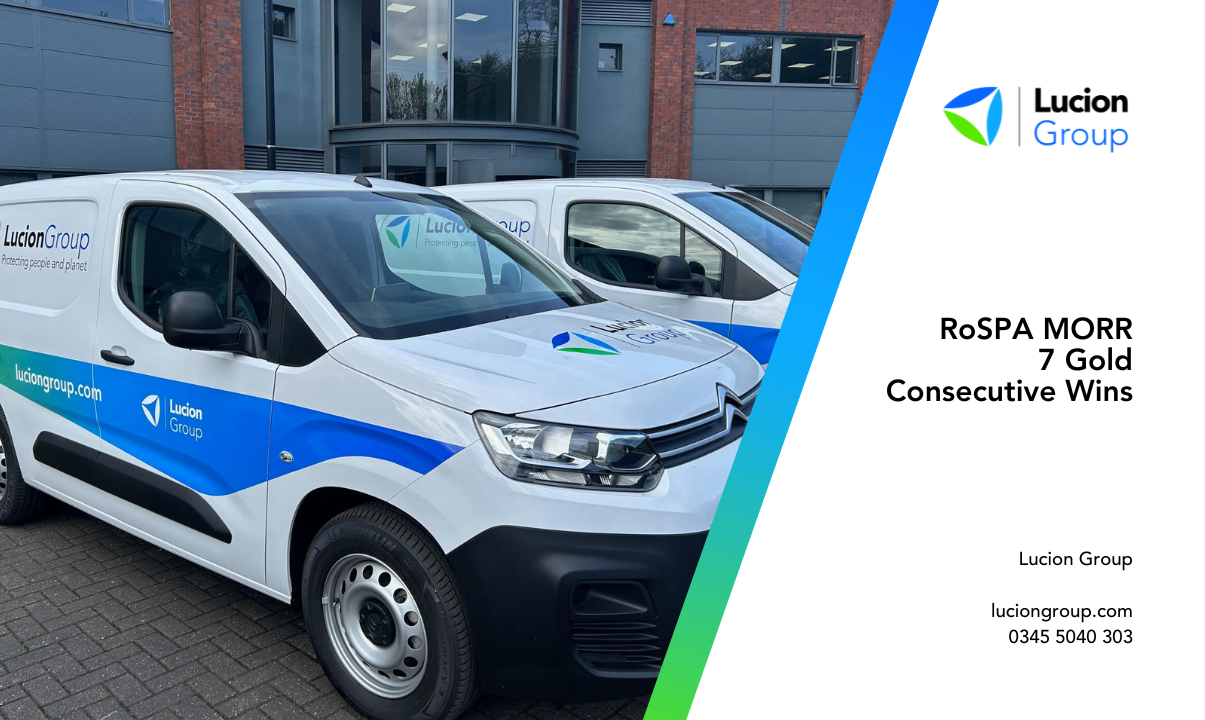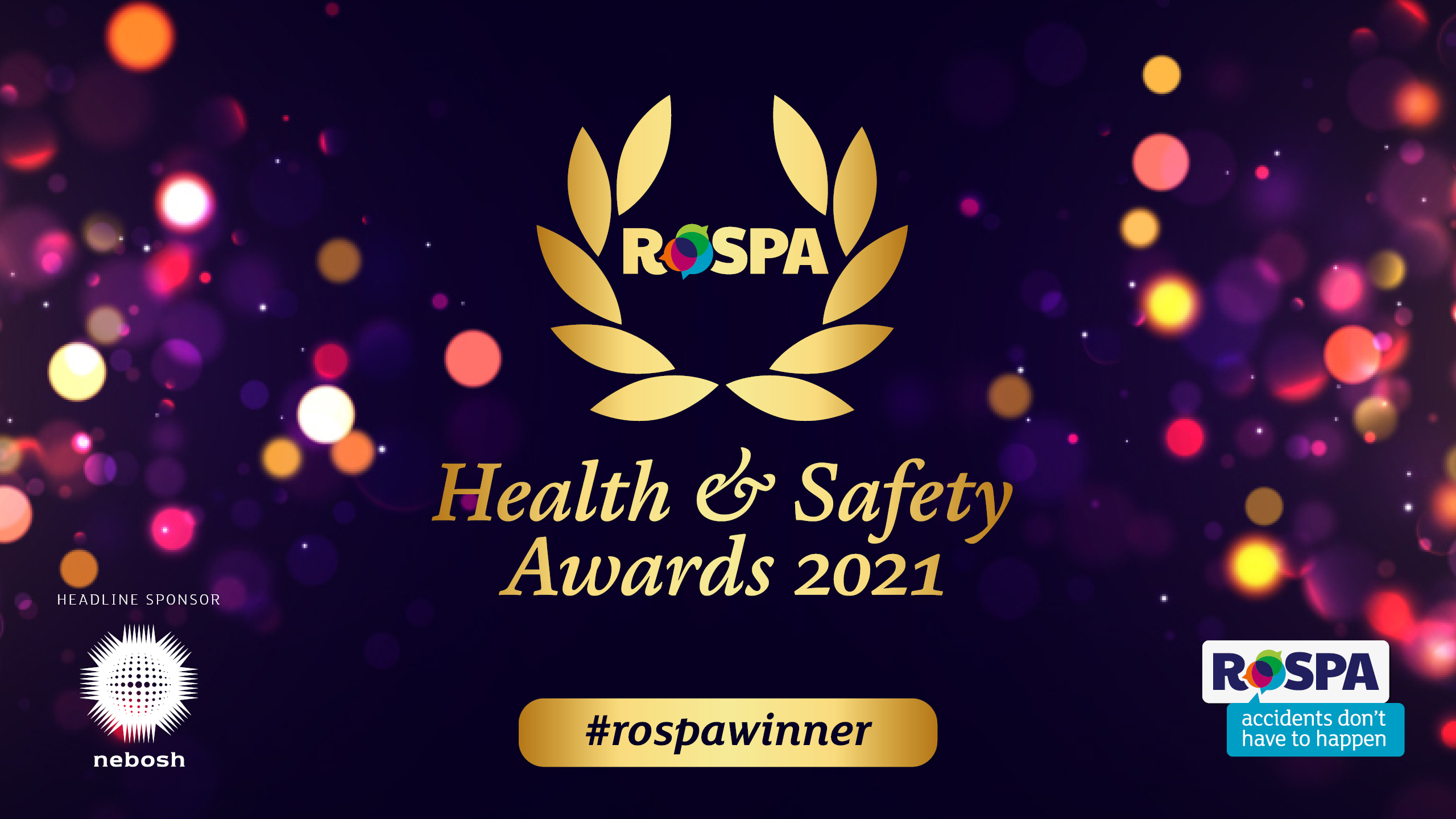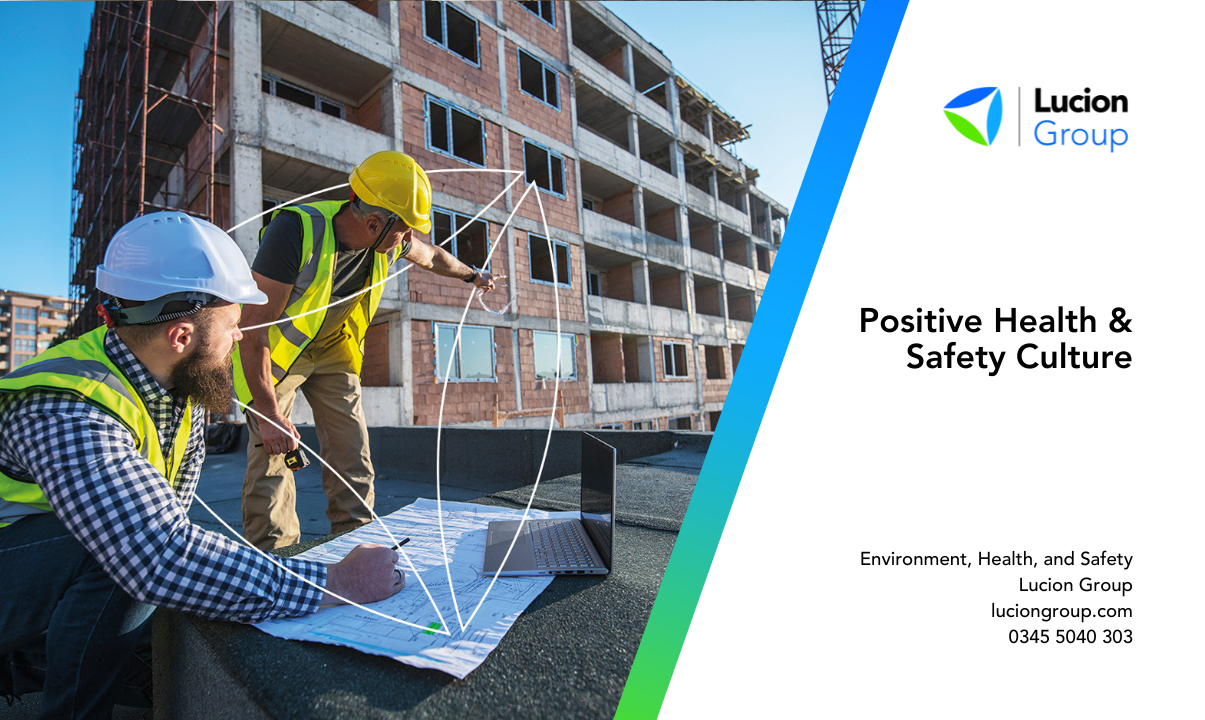Things That Go Bump In The Night!
25 October 2023
Did you know that if you’re driving between 16:00 – 19:00 in November you’re 33% more likely to have an accident than you would before the dark evenings took hold?
Why is that?
It is because the clocks go back and more people are driving in dark conditions. We also have the added hazard of wet roads and leaves making the roads slippery.
With many of us celebrating Halloween this weekend and next, Group QHSE Director Kelvin Hughes provides his top 5 tips to avoid a car bump in the night:
- Prepare for driving at night time. Check your lights and ensure they are working so that you can see and be seen by other road users.
- Minimise the glare. Clean your windscreen thoroughly inside and out and make sure that any cracks and chips are fixed before the cold weather sets in.
- Watch out for leaves and debris on the road. High winds and falling leaves can cover pot-holes and dips in the road and make the road more slippery.
- As well as impacting visibility, fog can also contribute to making the road wet and slippery so always adjust your speed to driving conditions.
- Give your car a thorough check, including the tyres, brakes, wipers and liquids.
Don’t Become A Statistic
According to University College London, one-third of road fatalities and one-fifth of severe injuries result from accidents involving drivers or riders on the job. In the recorded road incidents in Great Britain in 2022, approximately 1,695 fatalities were reported, reflecting a 3% reduction compared to 2019.
In a bid to enhance these statistics, RoSPA has conducted an evaluation to determine if employers and regulatory agencies can enhance efforts to educate and safeguard their employees when they are on the road.
Health and Safety Regulations
The Health and Safety at Work etc Act (HASAW) of 1974 mandates that all employers must take appropriate actions to oversee and ensure the well-being and safety of their workforce while on the job, as far as reasonably feasible. This obligation encompasses the time employees spend commuting to work and any driving they undertake as part of their job responsibilities, regardless of whether they use a company-owned or private vehicle.
Employers are obligated to address the safety concerns related to employee driving as an integral part of their health and safety initiatives. The Health and Safety Executive (HSE) emphasises that effectively managing road safety is advantageous in several ways, including:
- Diminishing the risks associated with work-related health problems.
- Alleviating stress and enhancing overall well-being.
- Reducing the occurrence of injuries to drivers.
- Fostering awareness of organisational health, safety, and operational protocols.
Managing Occupational Road Risk (MORR)
Established in 1987 through collaboration between RoSPA and various partners, the Managing Occupational Road Risks (MORR) initiative was designed to encourage organisations to prioritise the well-being and safety of their employees while they are on the road, including during their commutes to and from work.
MORR should be viewed as an essential component of overall employee health and safety management within and around the workplace, rather than being considered an addendum to existing health and safety policies and procedures. Ensuring that drivers are well-informed about driving-specific health and safety practices is crucial for the protection of both employees and the general public.
With a history spanning over a century, RoSPA advocates for superior health and safety standards across all aspects of occupational activities, including driving. The Lucion Group has proudly held the prestigious Gold RoSPA MORR award since 2014, demonstrating their commitment to upholding high fleet safety standards and the effective implementation of best practices in managing road-related risks.
The Lucion Group has been proactive in instituting specialised health and safety protocols for driving operations, which actively promote optimal practices within their fleet. These efforts have resulted in the Group receiving the RoSPA MORR Award for an impressive six consecutive years.
For more information about road safety, please visit RoSPA’s site by clicking here.
About The Author
Kelvin Hughes is a Technical Director with 35 years of experience in environmental consultancy. He has extensive experience of the management and coordination of multidisciplinary projects and has detailed knowledge of investigation techniques. Whilst he has been involved in these aspects for many years, for the last 8 years he has been primarily focused on internal Quality, Health Safety and Environment, technical procedures and training.
Kelvin provides innovative solutions to meet regulatory and corporate compliance requirements and ensure the Group companies are performing to the highest standards at all time.
T: +44 (0)345 5040 303
Tool Box Talk: Asbestos Awareness
As part of Lucion’s Take Care Be Aware initiative, we actively take care of our health and safety responsibilities, with continuous awareness of our commitments to knowledge share and educate.
In doing so we have created a ‘toolbox talk’ on asbestos awareness to raise awareness of the hazards associated with asbestos-containing materials, enabling safety professionals to share knowledge and overall save the time and effort in producing them for you and your teams.
_2.png)
Download From NexGen
Risk Assessment FAQs
Conducting your health and safety risk assessment can be a daunting task. Before you get started, read our clients' top risk assessment FAQs.
_4.png)
Download From NexGen
Toolbox Talk: Construction Dust
Ensure your teams know the dangers of construction dust and what control measures and protection are required to manage the risks with this quick Toolbox Talk.
_1.png)
Download From NexGen
Radon Top 10 FAQs
Get answers to you Top 10 Radon FAQs with our free download.
.png)
Download for free.


 NexGen
NexGen














